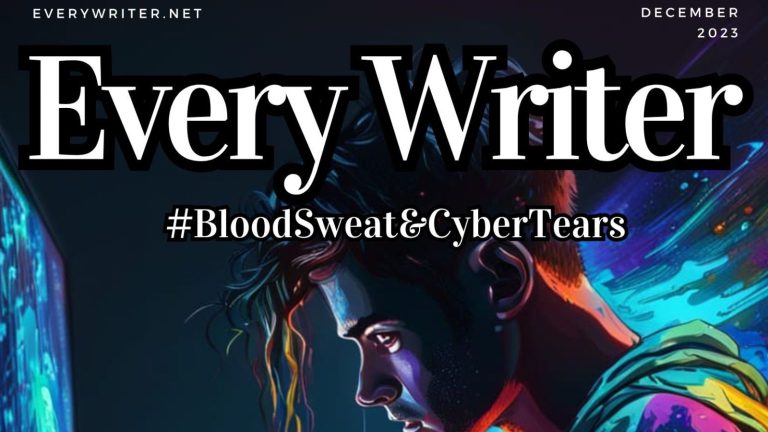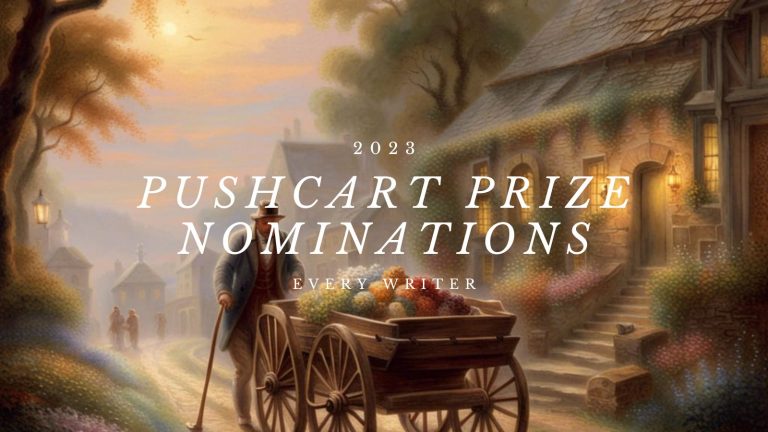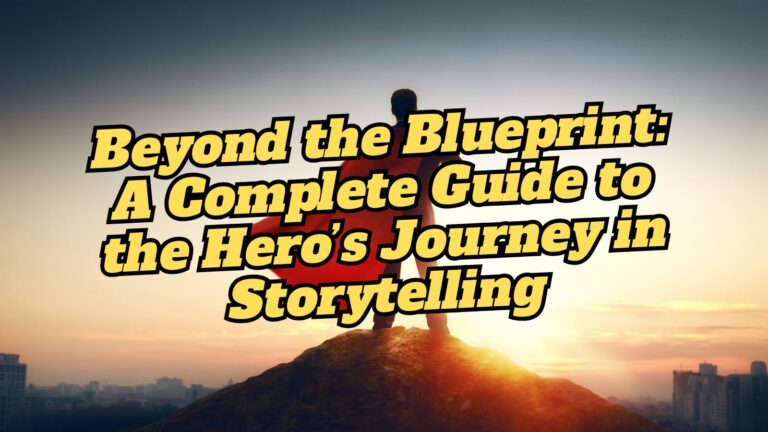The last 10 years has been ever evolving ever changing world for writers and authors. Many questions arise when one looks at the direction the world of publishing is moving in. The biggest question: “When everyone is giving it away for free how are writers and authors going to make a living?”
Here are the list of the 5 (we’ll say they’re new) challenges for writers that came into full swing during the past decade. These are the 5 new technology developments that pose the biggest question for the future of writing and writers, in my opinion.
1. Social networks
2. Blogs
3. POD
4. Ebook readers
5. The death of magazines and newspapers
1. Social networks:
From Friendster to Myspace, to Facebook to Twitter, social networking is changing how writing is marketed. Writers are now finding themselves faced with hours more of personal time spent on the web. In 2005 Myspace came on quickly and presented a vast audience for those members who got on early, but the field was quickly congested and the clamoring of many voices drowned each other out. As quickly as the Myspace phenomena came to be, it migrated to Facebook and then to Twitter.
At one time writers had to turn to literary magazines to get their poetry and fiction out. With social networks like Myspace and Facebook authors can and could easily post their blogs to subscribers which could reach into the 100s or even 1000s.
Twitter has gone further. It is even changing the form of writing all together. Entire novels are being written 140 characters at a time. Just recently author Rick Moody, author of Ice Storm and well respected in academic circles posted a short story through Twitter. It is unclear where this trend will go, but it should be noted that authors aren’t getting paid to put their work on twitter. Where other avenues such as blogs and websites have allowed writers to make extra revenue, social networks are bring authors advertising only, no revenue.
2. Blogs.
Blogging exploded in the 00s. About mid-decade political and technical blogs began surging in popularity. Some writers were able to hop on this wave and gain notoriety and cash while doing it. The problem was and is, just like all other surges on the Internet it swells to a critical mass with in just a few years. Most believe the blogger’s bubble has already popped. The money has dried up with the economic downturn, and many writers are simply faced with the leftover competition.
3. POD:
The print on demand world is quickly changing the face of publishing. Many authors are simply doing it themselves for free. Print on demand has been around for a very long time, but with the printing and binding technology dropping dramatically over the last 20 years flocks of writers have migrated to POD. The one big problem? There is little or no money in printing your own book. What many new authors don’t understand is, without some help from a marketing and publishing company, authors books just sit on the shelves unsold. They do not move books if publishing companies and books stores to do not push for those books to be sold. POD is still growing, but the questions remains: “how do authors benefit from publishing a book without support?”
4. Ebook readers:
For writers this may turn out to be the development that has the most impact on publishing for the long term. Ebook readers blossomed in 2000s. First Sony quietly launched it readers, and then Amazon blasted out a frenzy of media and hype over the kindle. In the long run maybe ebook readers will be inexpensive. Maybe people will switch to reading books on their phones. It is hard to tell, but this is the item on the list that gives authors the best chance of making money in the future. It is a positive development that companies are trying to do their best to protect authors or at least promote the well being of their industry.
5. Magazines and newspapers are dying.
What was once costly and impossible for the masses to do is now commonplace. Newspapers closed in groves in the last decade, and there is really no sign of that trend letting up. There is a mad scramble to the Internet to make whatever money can be made, but we need to remember the motto of the net: free for everyone? If you have a paid to access site on the web, it usually doesn’t last long, and it’s not long before the information on your site ends up out in the public for free anyway.
In all, writers have had a lot to deal with from over the last 10 years. The publishing industry changed more than anyone thought possible. The same problems musicians were facing in the late 1990s hit home with authors and publishers in the first decade of the millennium. It’s hard to see where things are going, but we hope that in the future writers and publishers will find new ways to prosper from all the new outlets and technologies. So far, the avenues have been plentiful, but the profits just haven’t been there.
- How to Edit your poetry for beginners and beyond (with worksheet) - April 18, 2025
- 20 Forgotten Gothic Stories Writers Need to Rediscover - April 18, 2025
- The Writer’s Roadmap: Embracing Outlining (Free Worksheet Included!) - April 15, 2025






